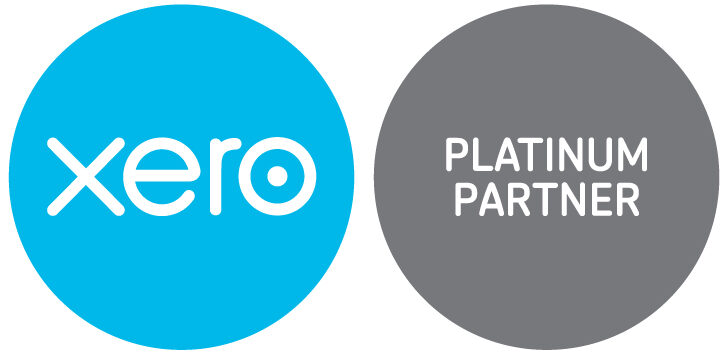Company voluntary arrangements (CVA) are specially designed for those businesses struggling to pay up their debts. The CVA debt solution strategy can be utilized to save a sinking business. A firm may appear stable only for it to face the imminent danger of collapse due to cash flow issues.
The CVA can be described as a legal agreement between the indebted company and the creditors in a bid to settle the debt. The creditors usually agree upon less repayment amounts for a duration of up to sixty months. The repayment amount is based on the company performance. After the payment of the agreed amount, the debt is written off by the creditors. The company voluntary arrangement also protects the business from facing legal action from the creditors.
The CVA can proceed only if it can be proved that the return expected by the creditors is better that the effects of having the company liquidated. Most companies face the threat of a shutdown due to the current economic recession. CVA becomes the best option out for an indebted firm when there is a depression in the values of asset realization. The creditors would prefer having a company voluntary arrangement in place instead of foregoing the existing trade relationship due to liquidation.
For example, during low economic times, a landlord would rather subsidize on the rent other than have no rent at all. This is the same case for the trade creditors. The reality is that no one would enjoy writing off a debt, but there are certain situations when it is the best alternative.
The secured creditors support the company voluntary arrangements since they have collateral that they can repossess in case of breach. It is important to note that the ownership and membership of the CVA does not have to be changed after the arrangement is in force. The supervisor in charge of the CVA is responsible to deal with the creditors in question.





 Production
Production